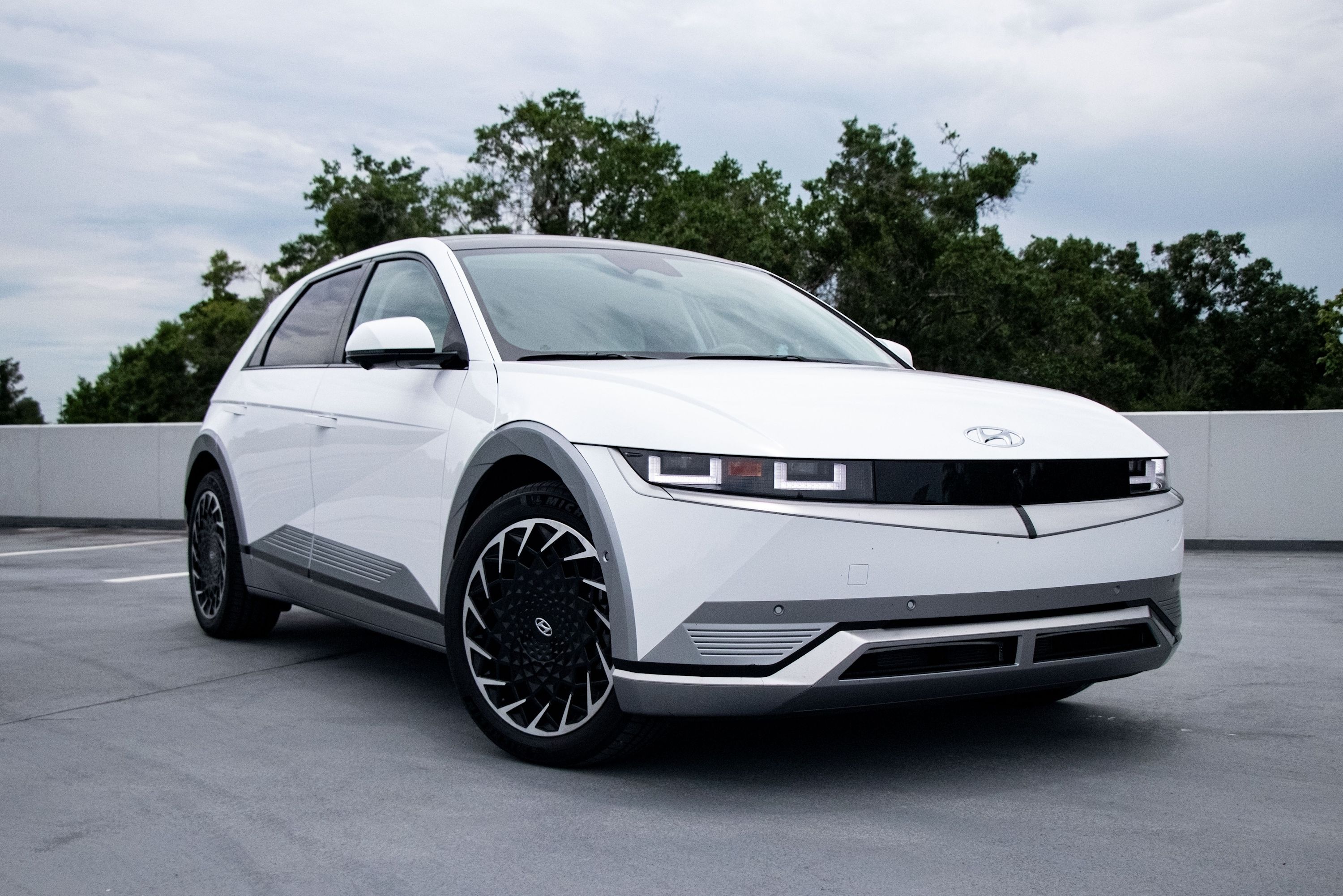
The internal combustion engine is running on borrowed time. That's a fact. No one knows exactly how much longer it'll be around but automakers are quickly preparing for the day after. The electrification era is officially underway so does it make sense for automakers to continue investing serious sums of money in soon-to-be-extinct engine technology? The answer is it doesn't.
That's why we weren't surprised when Business Korea reported that Hyundai Motor Company has supposedly abolished its Engine Development Center at its 12,000 employee-strong R&D headquarters in South Korea. In addition, the automaker's new policy is to no longer launch new vehicles powered solely by ICE technology.
Instead, all powertrain development has been converted to only electrification advancements. The carmaker further made the strategic decision to focus on securing battery tech with the establishment of the Battery Development Center. Hyundai has for years been a big believer in developing new technologies in-house rather than outsourcing. This is certainly the more expensive route but the long-term benefits cannot be ignored.
As of this writing, Hyundai has not issued a formal announcement regarding these major changes but no one should be surprised. The Group's luxury division, Genesis, has already declared it will only build electrified vehicles from 2025.
Hyundai and Kia won't be too far behind. Already on sale are the Hyundai Ioniq 5 and Kia EV6, both riding on the E-GMP dedicated EV architecture. The Genesis GV60 is the next vehicle to utilize this platform. In the next year or so, additional E-GMP-based models will arrive, including the Ioniq 6 sedan and Ioniq 7 SUV. Kia is also working on a Telluride-sized SUV.
Hyundai Motor Group isn't stopping with E-GMP. Another EV-only architecture is currently in development and we expect the first vehicles to utilize it will arrive sometime mid-decade.
